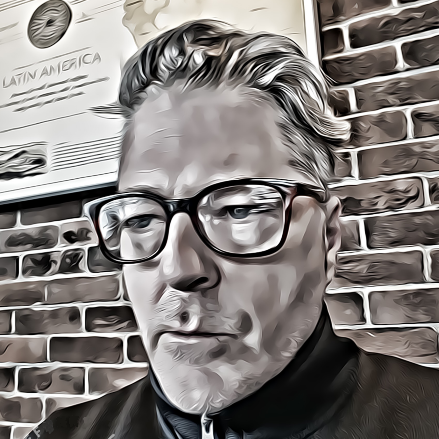At Issue: In the decades following World War II, the United States helped construct a global system that, while imperfect, brought relative economic stability. Like Luciano and Lansky’s “Commission” that curbed mob violence by enforcing a code among criminal syndicates, the postwar international order — from Bretton Woods to the WTO — was a hegemonic system, but a rules-based one. Allies and adversaries alike had a shared menu. Disputes were resolved within structure. Predictability reigned.
That era is over.
With Donald Trump’s return to power in 2025, we are witnessing the violent unmaking of that system — not because it failed, but because it constrained his worldview. Trump governs not by strategy but by existential suspicion, rooted in the belief that everyone — allies, trading partners, even domestic institutions — is a mooch. His ideology is not protectionism, nationalism, or populism. It is personal grievance masquerading as national interest.
The result is a foreign and economic policy that resembles pre-Commission mob rule: the toughest guy on the block sets the terms, shakes everyone down, and punishes dissent. Trade isn’t policy — it’s tribute. Negotiation isn’t a process — it’s submission.
The USMCA once stood as the full-course meal of trade relations, meticulously negotiated to provide clarity across everything from digital services to dairy quotas. That structure is now gone. What remains is à la carte bullying: surprise tariffs, ad hoc enforcement, and an open disdain for long-term commitment. Every player at the table is now a mark, not a partner.
But even within this hostile terrain, there are guardrails Trump cannot easily dismantle — namely, the bond market, the Federal Reserve, and global consumer sentiment.
Nations like Japan, South Korea, and even Canada — now under the stewardship of Prime Minister Mark Carney — are openly discussing countermeasures, including the once-unthinkable threat of dumping U.S. Treasuries. These countries helped finance American hegemony for decades, parking their surpluses in U.S. debt in exchange for access, stability, and influence. If that arrangement begins to unwind, the U.S. will face soaring borrowing costs, a collapsing dollar, and the erosion of its status as the world’s safe haven.
Meanwhile, the Federal Reserve, though under attack, remains independent — for now. If Trump’s trade wars drive inflation, the Fed will be forced to raise interest rates, tightening credit at a moment when the administration will be desperate to stimulate the economy.
And then there are consumers. Not just American households facing higher prices, but foreign buyers who are increasingly rejecting American products — not because of quality, but because of character. There is such a thing as brand behavior, and “bully” is not a good look.
Critically, none of this fits neatly into conventional ideology. This is not Reaganism reborn, nor is it a coherent nationalist project. Instead, it is a fusion of grievance-fueled transactionalism and something more sinister: a movement backed by neo-Volcker conservatives, who see chaos as the necessary prelude to discipline. Behind Trump’s performative unpredictability are operatives with a darker project: to shrink the state, crush dissent, and reassert financial dominance — not through markets, but through force.
This is why voices like Yanis Varoufakis are sounding the alarm. They understand that Trumpism is not a detour — it is a mutation. A post-consensus worldview that recognizes no obligation to others unless backed by threat. The rules-based system wasn’t perfect, but it worked because everyone — even the U.S. — respected the table. Trump flips the board and tells the room to thank him for the chaos.
In the end, Trump may find that bullying has limits. Markets punish unpredictability. Institutions resist erosion. And ordinary people — from Seoul to Stuttgart to Scarborough — eventually recoil from those who govern by menace.
Still, the damage is done. We are no longer debating the merits of trade policy or exchange rates. We are debating whether mutual obligation still exists in global economics.
This is not just about Trump. It’s about the end of American consensus leadership — and the start of something far more dangerous: a world where everyone is expected to play, but only one player gets to hold the dice.








Leave a Reply